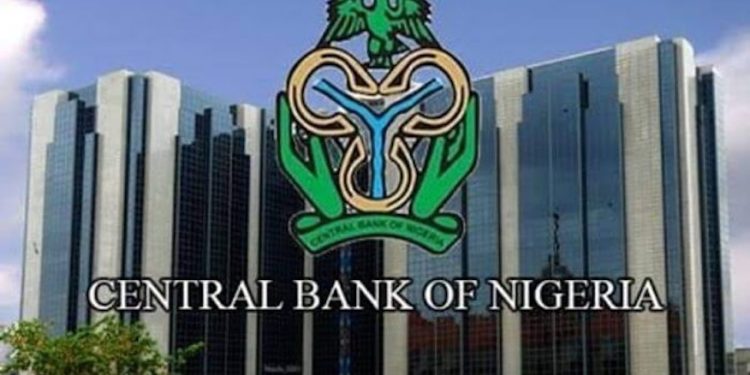The Central Bank of Nigeria (CBN) has attributed recent foreign exchange (FX) stability to rising FX inflows, tighter market controls, and a return to orthodox monetary policy.
Dr Victor Eboh, Director of Monetary Policy at the CBN, made the remarks during a Business, Economy, and Financial Training for Journalists organised by Premium Times Academy in collaboration with the apex bank in Abuja.
Eboh explained that the CBN’s measures aim to restore confidence and transparency in the FX market. He noted that the Naira had been “overvalued” for years, but the current management has allowed the currency to find its true value by removing distortions and preferential access to foreign exchange.
He recalled that the exchange rate had peaked at about N1,800 to a dollar during periods of market volatility but has since stabilised, closing at approximately N1,440 to a dollar in the official window.
“Stability is more important than a strong Naira that cannot be sustained,” Eboh said. “Whether you are a big man or not, we all go to the same market now for dollars. There is no longer unauthorised access to FX.”
The director highlighted that increased transparency and unified access have boosted investor confidence, resulting in higher FX inflows. Nigeria’s external reserves have risen to over $43 billion, providing about nine months of import cover—a significantly stronger position compared to some West African countries.
Eboh also noted that the nation’s balance of payments and current account remain in surplus territory, supported by programmes designed to enhance FX liquidity and strengthen external sector conditions.
On inflation, he acknowledged that lending rates remain elevated but emphasised that monetary tightening is necessary to restore price stability. “High inflation is a limitation to growth. It is not about having money in your hand but about what that money can buy,” he said.
The CBN has fully reverted to orthodox monetary policy, focusing on its core mandates while leaving fiscal interventions to the government. Eboh assured the public that Nigerian banks remain strong despite ongoing recapitalisation, which aims to prepare the financial sector to support President Bola Tinubu’s one trillion dollar economy target.
He added that the Bank is closely monitoring monetary aggregates to prevent excessive money supply growth that could fuel inflation and reaffirmed its commitment to maintaining exchange rate stability, curbing inflationary pressures, and ensuring overall financial system soundness.















